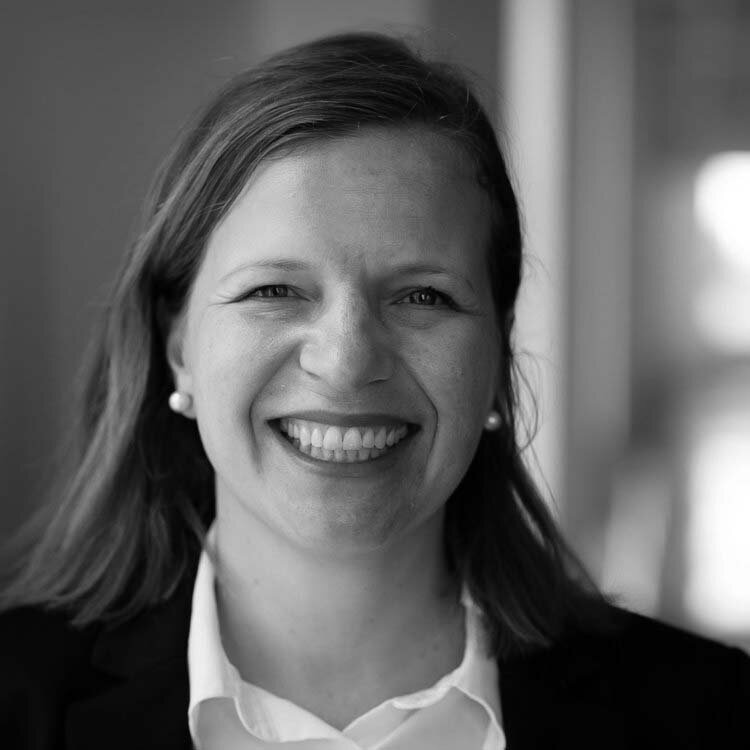Featuring Marjorie, CASAC, Primary Counselor
With Women’s History Month just wrapping up, we’d like to highlight the incredible work of Marjorie, who heads up the RevCore Women’s Program in Queens.
Hi Marjorie! Can you tell us about your responsibilities at Revcore?
As Primary Counselor, I perform client intakes and assessments, meet with clients individually, and lead several groups — including the Women’s Program, the trauma group, and the art group.
We take on a very large variety of cases. Our clients have been referred to us by various sources, such as mental health services, the Administration for Children’s Services (ACS), and local emergency rooms.
Why was the Women’s Program developed?
We’ve found that women’s issues need to be tackled separately. Women tend to feel more comfortable with one another, and they’re not as comfortable sharing their stories with male peers. They also have challenges that men wouldn’t identify with, and they often don’t need the same type of care.
How did you get involved in the Women’s Program?
I started off working in RevCore’s Brooklyn location, and when I moved to Queens, I expressed interest in working with women, particularly with mothers. They right away set me up to lead the Women’s Program.
How do your female clients’ needs differ from those of men?
The men who come to us are typically looking for concrete solutions—for example, how to deal with emotions or how to find work. These men usually aren’t used to discussing their challenges or feelings with other people, and they may be lacking a social network.
In contrast, the women who come to us generally know how to share and even handle their emotions. Rather than looking for answers to their challenges, these women are looking to build friendships and support.
What are the unique obstacles faced by women when it comes to treating mental health and substance abuse issues?
There are several challenges that tend to be more common among women. Probably most significant are the challenges of motherhood. Being a mother can get very lonely, but it can also make it more difficult to get treatment. A lot of our female patients struggle to find childcare, or they’ve been up all night with a baby and they’re just too exhausted to come in.
Another challenge I’ve noticed is that there seems to be a bigger stigma with substance abuse among women. Society tends to be a bit more forgiving of men who have substance abuse issues, and women who are struggling often feel very embarrassed and have a harder time admitting it.
Women are also more likely to be caretakers – either for their children, elderly parents, or both — and they have a hard time prioritizing themselves. They might think that they can deal with their challenges alone when that’s not the case.
What’s your favorite thing about working at RevCore?
It’s so rewarding to be a part of people’s journey toward change. You feel like you’ve given a hand to those who are suffering and have pulled them out of the darkest depths. You see the pieces of their life coming back together — their mental health recovers, their substance abuse challenges resolve, and they go back to work and reconnect with family.
People arrive here really struggling — in true life-or-death situations. It’s really incredible seeing these people bounce back.
Tell us about a client success story.
I recently worked with someone who was referred to us by a hospital emergency department following a suicide attempt. When he came to us, he didn’t seem to have any will to live. He had been suffering from substance abuse and had experienced a psychotic episode due to drugs. His wife had kicked him out, he’d lost his job, and he was separated from his daughter.
Without drugs, he didn’t feel like he could survive. He would come home from our sessions every night feeling suicidal. I wondered every night if he had made it.
Over the course of several months, we helped him cope with suicidal ideation and guilt, and we encouraged him to practice gratitude and forgiveness. The gratitude in particular really helped him, and he began to do much better. We prepared him to see his wife again — we rehearsed talking points and even helped pick outfits. His wife saw all the progress he was making, and he has since moved back in with her and their daughter. He also now works full-time again, and his legal case was removed.
Any hobbies or interesting facts about yourself that you would like to share?
I moved here nine years ago from France, and I live in Brooklyn with my three teenagers. I actually used to be a writer, but I reinvented myself when I moved here — and I’ve always had a passion for mental health. What’s interesting is that my Bachelor’s degree is in philosophy, and after so many years I feel like I’m actually using it. There is really a lot of overlap between philosophy and mental health.
